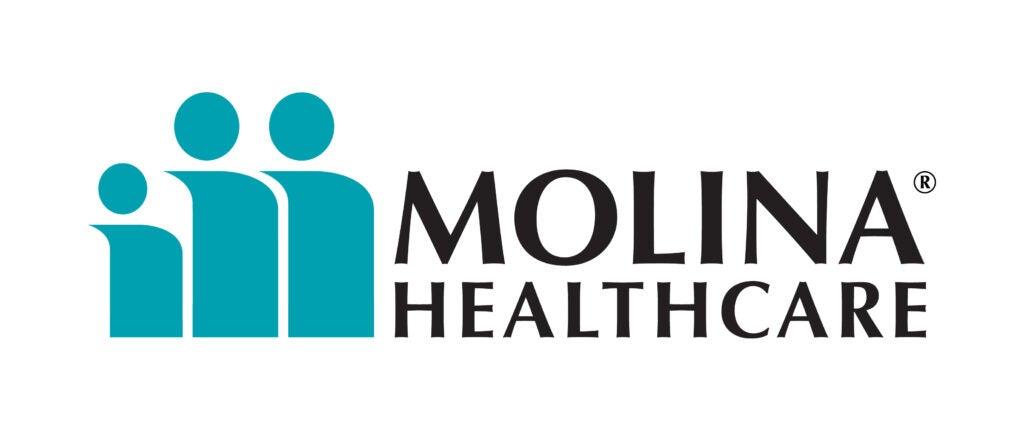
If you care for a family member, you know the constant balancing act between ensuring their needs are met and managing your own life. When you’re feeling overwhelmed by it all, respite care—services that provide temporary relief for family caregivers (or care partners)—can offer a lifeline.
But affording that extra help can be a concern. Who pays for respite care? Does Medicare cover it? Understanding the cost of these services and the funding sources available can help put respite care in easier reach.
How much does respite care cost?
Here’s what you need to know about the cost of respite care, which can vary based on several factors:
- Type of care: Different types of respite care come with different price tags. In-home care tends to cost less than facility-based care (but it depends on the level of assistance required). Adult day centers, which provide care during daytime hours, can be more affordable—while a short-term stay in an assisted living or nursing facility is more expensive. You may be charged by the hour, day, or month for respite care, depending on the setting and how long you need care.
- Personal care needs: If your family member has more complex personal care or medical needs, respite care costs may be higher due to the additional time and resources involved.
- Location of care: Urban areas or regions with a higher cost of living tend to have higher respite care rates compared to rural areas. For example, according to the Genworth Cost of Care Survey, the average hourly cost for a home health aide in Madison, Wisconsin in 2023 was $23, while the daily rate for an adult day center was $90. In Sacramento, California, the hourly cost for a home health aide was $35 and the daily rate for an adult day center was $400.1
Does Medicare cover respite care?
Medicare’s coverage for respite care is limited. If you have original Medicare (Parts A and B), respite care is only covered under the Part A hospice care benefit. To receive this benefit, your family member must be enrolled in Medicare Part A and be eligible for hospice care—which means a physician has certified they have a terminal illness with a life expectancy of six months or less.
If the person you care for qualifies for hospice, Medicare will pay for end-of-life pain management and comfort care. The hospice respite care benefit covers up to five consecutive days at a time, but care must take place in a Medicare-certified hospital, skilled nursing facility, or inpatient hospice facility. Medicare does not cover all the costs for this benefit; you may pay 5% of the Medicare-approved amount for inpatient respite care. However, your copayment cannot be more than your inpatient hospital deductible for the year.
If your family member qualifies for this benefit, they can receive hospice care for two 90-day benefit periods. This is followed by an unlimited number of 60-day benefit periods.
It’s important to keep in mind that the transfer to a hospice location outside the home can be disruptive and disorientating to a person with a terminal illness—and inconvenient for a caregiver.
For non-hospice situations, original Medicare does not cover respite care. However, some Medicare Advantage (Part C) plans include benefits that original Medicare does not cover such as in-home respite care and adult day services, as well as supports like meal delivery and non-emergency medical transportation. Check with your family member's plan provider to find out what extra benefits are available.
Does Medicaid cover respite care?
Almost all states cover some form of respite care through Medicaid home and community-based services (HCBS) waivers. HCBS Waivers aim to meet the needs of people who want to receive long-term care services and supports in their own home or community, instead of in a nursing home or other institutional setting.
To receive Medicaid-funded respite care, your family member must first qualify for Medicaid. Respite care coverage tends to be limited and is based on strict rules related to the care recipient’s income, assets, and health or disability status. Since Medicaid is administered at the state level, every program has different eligibility requirements and coverages. Check with your family member’s state Medicaid agency for details.
What are some other ways to pay for respite care?
There are a number of additional options that may be able to help you fund the costs of respite care:
- Private pay: Most respite care costs are paid for out of pocket by either the caregiver or care recipient. Keep in mind that as a family caregiver, your out-of-pocket expenses may be tax-deductible (as medical expenses). You may also be able to use a flexible spending account (FSA) or health savings account (HSA) to reduce your cost burden.
- Veteran benefits: Is your family member a veteran who receives Department of Veterans Affairs (VA) benefits? They may be able to get respite care services through the VA, which are provided in the home or in a VA Community Living Center or community nursing home. They may also be eligible for coverage through VA Aid and Attendance or Housebound benefits.
The VA offers the VA Caregiver Support Program as well, which includes comprehensive education opportunities and services that can help ease the strain and expense of caregiving.
- Long-term care insurance: If your family member has long-term care insurance, respite care may be covered by their policy benefits, depending on the policy’s terms.
- Your health insurance plan: If you have private health insurance through your employer, contact the plan provider to see if your plan offers any supplemental benefits for caregivers. In addition, ask your employer whether they offer an Employee Assistance Program (EAP) that includes benefits for caregivers.
- Respite care grants/financial assistance programs: Some organizations provide grants and other types of financial aid to help families get the services they need:
- The Lifespan Respite Care program offers state-level voucher or reimbursement programs that let family caregivers choose and hire their own respite care providers. Visit the ARCH National Respite Network website and click on the map to see if there are programs available in your state.
- The HFC Caregiver Respite Program provides grants covering the cost of in-home care for people with Alzheimer's disease or other types of dementia.
- The National Family Caregiver Support Program (NFCSP) provides grants to states to fund various community programs that support family caregivers of older adults. Contact your local Area Agency on Aging to see what services are offered in your area.
You can also check with faith-based organizations, veteran service organizations, and caregiver support groups in your region to see if they offer caregiving or respite care services.
Need help navigating your options? Ryan Ramsey, Associate Director of Health Coverage and Benefits at NCOA, suggests connecting with a social worker or geriatric care manager: “A social worker can offer valuable assistance in making a respite care plan and finding services in your community,” he explained. “Check with adult day centers near you who have social workers on staff, call your Area Agency on Aging, or contact local hospitals and home health care agencies to see what they recommend.”
It pays to do your homework on respite care
Respite care can be expensive. And while Medicare, Medicaid, and the VA may offer some coverage, not everyone will qualify for these benefits. The good news: There are other avenues worth exploring that can help you pay for short-term help. Finding affordable or no-cost respite care may not be easy or quick—but with a bit of research, you may find an option that provides the relief you need and the quality care your family member deserves.
Source
1. Genworth Cost of Care Survey. Found on the internet at https://www.genworth.com/aging-and-you/finances/cost-of-care



